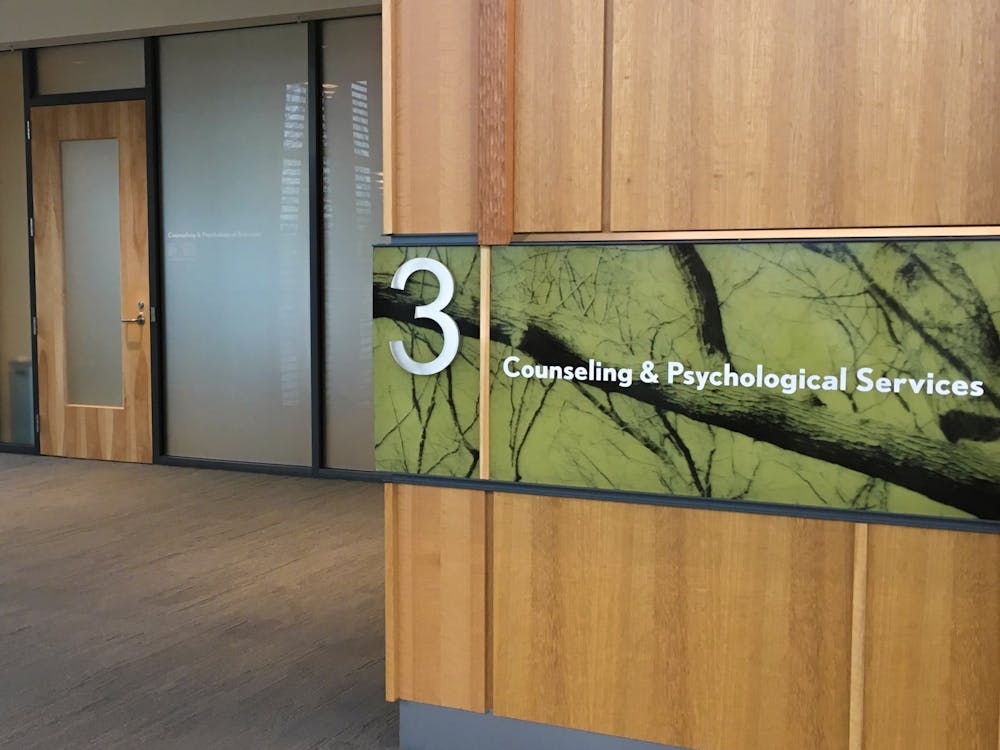In addition to a summer dominated by the coronavirus pandemic, a socially distanced semester and online classes have created concerns of prolonged periods of isolation for incoming students. With the semester back in full swing, students have a variety of mental health resources to help them navigate the challenges this year brings.
When Duke went online in the spring, student groups and the University administration revamped mental health resources to make them available to students online. With the semester now underway, many of those options are still available—and Duke Student Government and student groups have introduced new ways to work on wellness.
Earlier this year, administration and DSG led a joint effort to make campus counseling and psychological resources more accessible to students off campus through a guide to remote mental health resources.
That guide has “resources such as emergency hotlines, COVID-19 wellness strategies, links to Duke resources, links to academic resources, resources for individuals with eating disorders, resources for LGBTQA+ students, and miscellaneous online resources.”
The purpose of the guide was to provide students with exposure to a wide variety of resources. Everything from one-on-one meetings with a trained professional to peer discussions groups are available to suit each student’s needs.
As students return to campus, student groups are helping to lead that charge to make flexible mental health resources available to all students. For students who want to reach out to peers for support, student-led organization Peer for You provides opportunities to connect with peer responders, students trained to provide mental health support. Peer Responders are bound to confidentiality except for in extenuating circumstances.
“We’re still here for you,” said senior Olivia Liu, co-president of Peer for You. “We know that there’s a lot of changes going on during the semester, especially with COVID-19, but the community and students at Duke are here to support you.”
Peer responders have received training from the Duke Wellness Center “to speak sensitively and support students” with issues related to COVID-19, Liu said. She added that students can meet with a Peer Responder in person, on Zoom or through text message.
During the beginning of the school year, Peer for You has helped numerous students settle concerns about acclimating to hybrid and online classes, and continues to provide counseling as midterms approach.
Along with helping to produce the guide, DSG is also working alongside Peer for You to out students in touch with mental health care. Junior Shrey Majmudar, DSG vice president of academic affairs and president of the mental health caucus, highlighted the new Two Click to Connect form, which connects students to mental health support in just two clicks.
“Despite low advertisement, we’ve still seen it used by tens of students,” Majmudar said. “In addition to the DSG mental health resource guide and Blue Devils Care, I think this is a great way for students to receive support.”
Meanwhile, the Duke administration continues to provide online options to students. Duke CAPS offers professional consultation services as does Blue Devils Care, a 24/7 hotline for mental health support. All services are free of cost and confidential.
While Blue Devils Care professionals cannot prescribe medication, they offer counseling for stress, anxiety induced by COVID-19, eating and addiction disorders, grief, and more. Blue Devils Care also accommodates individuals with disabilities.
Flexible Teaching—a program led by Duke Learning Innovation that offers unique resources, such as a textbook on efficient online learning—aims to help both students and faculty make the best of their online learning experiences. This resource is the most recent addition to the resource guide, and was added Aug. 5.
Other resources available to students include peer-led discussion sections, online fitness classes and Productivity Partners.
More information and resources can be found here.
Get The Chronicle straight to your inbox
Sign up for our weekly newsletter. Cancel at any time.

